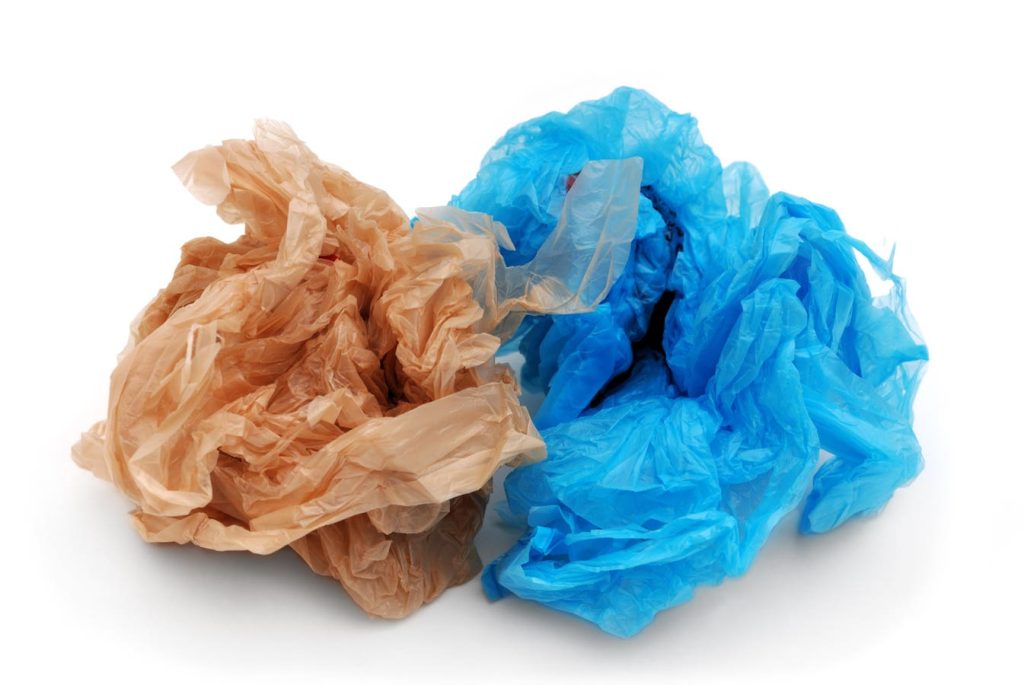This week’s Current Climate highlighted the ongoing issue of plastic pollution, with many companies pushing for the ability to label plastic materials as “recyclable,” even if they are unlikely to be recycled. The Federal Trade Commission is currently revising its Green Guides, which set guidelines for what can be considered recyclable. Companies argue that even if there is a limited possibility of recycling certain plastics, they should still be labeled as recyclable. However, environmentalists argue that this loose definition relies heavily on chemical recycling, which is not environmentally friendly and emits CO2. The decision by the FTC on the Green Guides is crucial as it will impact both companies and state regulators.
Phaedra Ellis-Lamkins, former CEO of Green For All, is now focused on a different type of sustainability with her startup, Promise. The company helps municipalities and utilities collect delinquent bills by offering zero-interest payment plans. With rates expected to go up due to aging infrastructure and the need for grid strengthening, Ellis-Lamkins aims to assist consumers who are struggling financially. By providing text reminders and flexible payment options, Promise aims to help people avoid punitive measures.
Gary Ong, founder and CEO of Celadyne, discussed the importance of modifying fuel cells for heavy-duty vehicles in a recent interview. The company recently secured a contract with General Motors to supply technology that enables light-duty fuel cells to hit heavy-duty targets. By increasing the durability of fuel cells, Celadyne aims to extend their lifespan significantly, potentially up to 15-20 years in heavy-duty applications. This advancement could make fuel cell trucks competitive with diesel trucks in terms of ownership period.
In other news, the conversation around sustainability continues with topics such as hydrogen vehicles, net zero rules, and the impact of climate change on infrastructure. Companies like Nikola are finding success with hydrogen semi-trucks, while experts criticize the climate conversation between Musk and Trump. Meanwhile, Amazon and Meta are working towards net zero emissions. SpaceX faced allegations of water pollution in Texas, while Spain is increasingly turning to desalination for water supply.
Overall, the sustainability landscape is rapidly evolving, with ongoing efforts to address plastic pollution, improve energy efficiency, and mitigate the impacts of climate change. Companies and individuals are increasingly recognizing the importance of sustainable practices, and the push for innovative solutions continues to grow. Stay tuned for more updates on the latest developments in sustainability.


